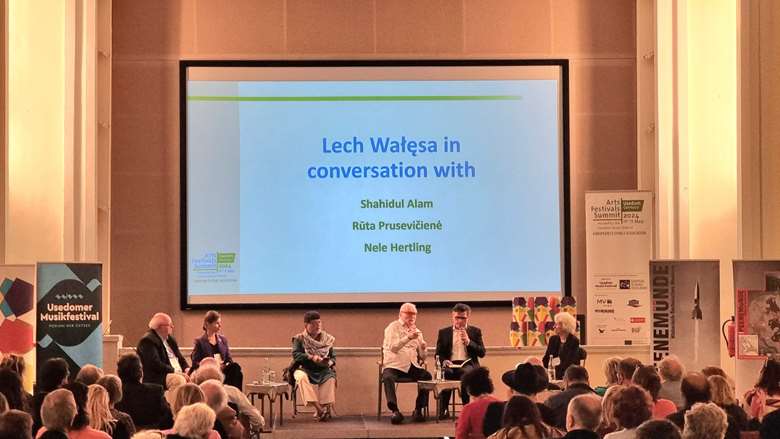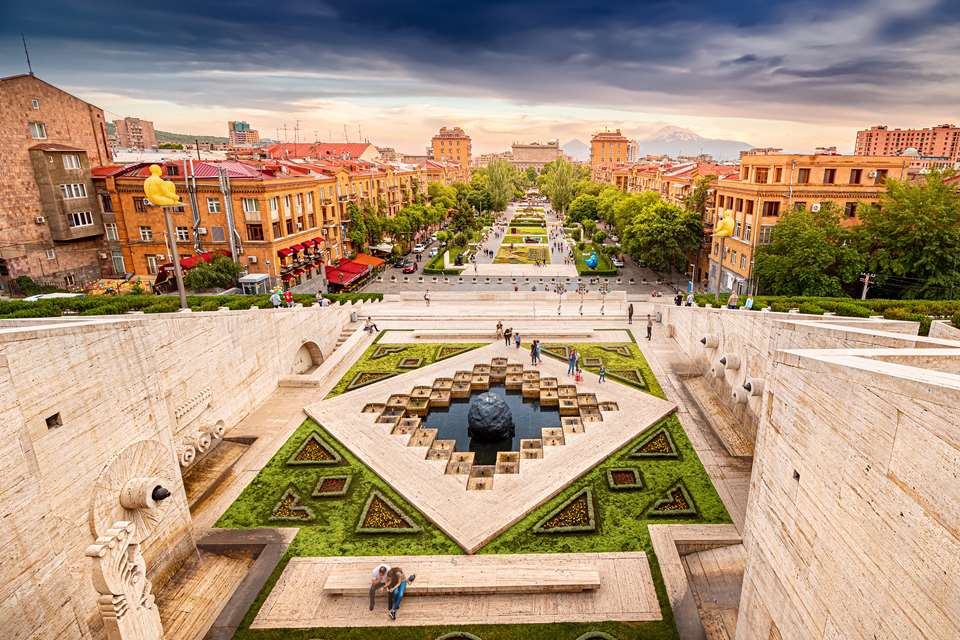European Festivals Summit focuses on the need for peace
Simon Mundy
Wednesday, May 22, 2024
Simon Mundy recaps his experience at the 2024 European Festivals Summit, reflecting on the issues and uncertainties festival directors currently face

Facilitated by Simon Mundy

Register now to continue reading
Don’t miss out on our dedicated coverage of the classical music world. Register today to enjoy the following benefits:
- Unlimited access to news pages
- Free weekly email newsletter
- Free access to two subscriber-only articles per month


